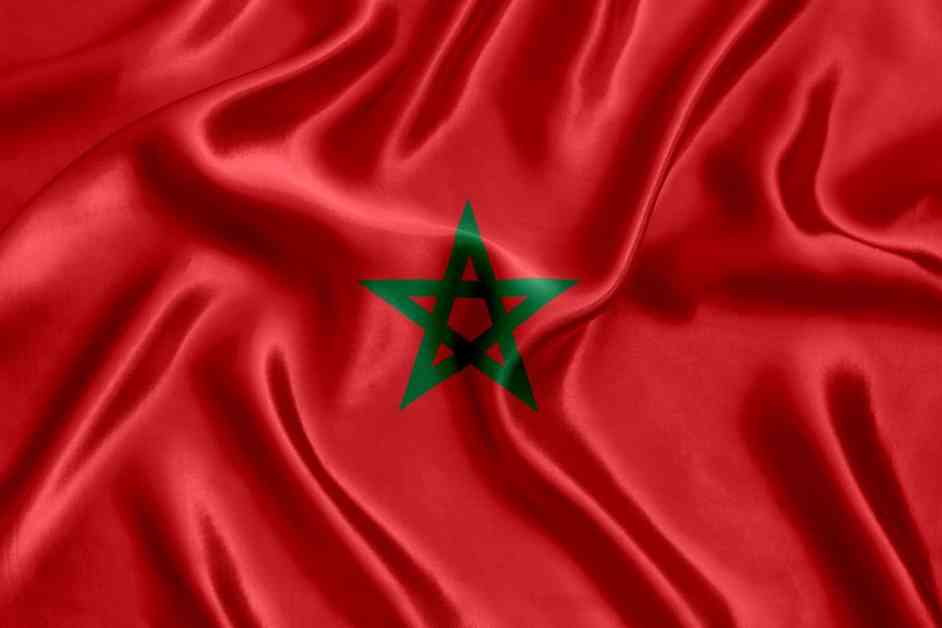Morocco is getting ready to start sending mandarins to Russia again at the end of this year after a break, as reported by Rue20.
Russia usually buys about 1 million tons of mandarins every year from Latin America, South Africa, Turkey, and North Africa. Ten years ago, Morocco was a big supplier, providing about a third of the imports. Russian consumers especially liked the clementines from Morocco. But because of political problems and sanctions, Moroccan mandarins haven’t been going to Russia lately.
Moroccan farmers are happy to hear that they can start selling mandarins to Russia again. They have been struggling because of a long drought that has made costs go up.
The report also mentioned that starting exports again could help make new trade deals and strengthen the economic connection between Morocco and Russia in the future.
Morocco’s decision to resume mandarin exports to Russia is not only beneficial for both countries’ trade relations but also a positive development for Moroccan farmers. The resumption of exports comes at a crucial time when Moroccan growers have been facing challenges due to a severe drought in recent years. This move will not only help boost the economy but also provide much-needed relief to farmers who have been struggling with increased costs.
Furthermore, deepening economic ties with Russia could open up new opportunities for Morocco in terms of trade and investment. By expanding its market reach and diversifying its trade partners, Morocco can reduce its reliance on traditional markets and mitigate risks associated with depending on a single trading partner. This strategic shift towards strengthening economic relations with Russia aligns with Morocco’s broader vision of enhancing its global trade presence and promoting economic growth.
Overall, the decision to resume mandarin exports to Russia signifies a significant step towards revitalizing trade relations between the two countries and fostering mutual economic growth. It not only benefits the agricultural sector in Morocco but also paves the way for future collaborations and partnerships that can drive sustainable development and prosperity for both nations.
